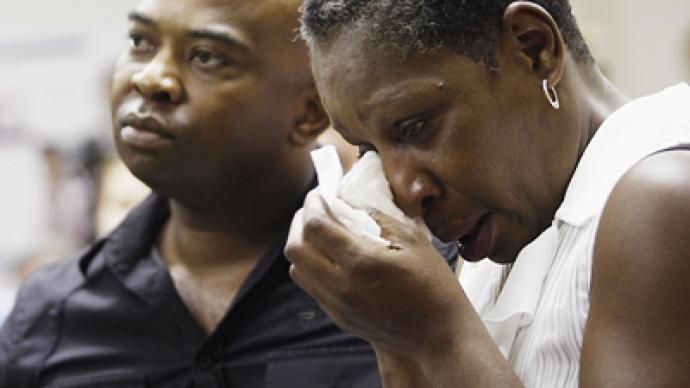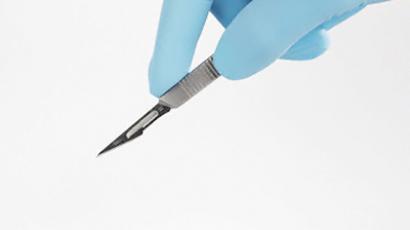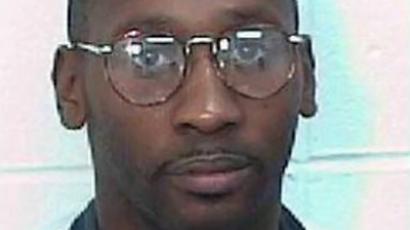US eugenics victims wait for compensation

How much is your free will worth? In North Carolina, a committee has settled on $50,000. That is how much the state will pay out to victims of a hush-hush eugenics program that left thousands sterile during the twentieth-century.
A final vote from the Eugenics Compensation Task Force has recommended that the state of North Carolina pay out each victim of a campaign that left thousands unable to procreate $50,000. Some attorneys had lobbied for compensation to the tune of one million dollars.In North Carolina, each of those identified in the suite has been revealed to be a victim of a state-wide eugenics program during the 1900s that saw to it that poor minorities were rendered unable to procreate during sometimes routine medical procedures. More than 60,000 people across America suffered that fate between the 1920s and 70s, with many still left unaware that they were subjected to cruel and corrupt medical frankensteining under the demand of the state. In North Carolina, around 7,600 people were sterilized; so far only 72 have been identified, and the state expects that around 2,000 more are still alive. "Eugenics in the US is something that's still not nationally known. People associate it with Nazis; they don't realize that the US did it too," Rebecca Kluchin, an assistant professor of History at California State University, Sacramento, tells ABC News. Sadly, Kluchin’s claim is more than just estimation. Of the 33 states that ran these programs, only seven have ever publicly acknowledged or apologized for them. It is just with this latest case in North Carolina that a payout is being yielded for the first time.While some of the participating states chose to sterilize those deemed unfit for procreation, the rest would grow to include the disabled, blind and deaf and eventually unmarried women. Largely, poor minorities were recommended for sterilization by state social workers, and in many instances, were performed on without their acknowledgment. The goal was to do it for the sake of social welfare.“They didn't have permission from me because I was too young and my grandmother didn't understand what was going on," Elaine Riddick, now 57, tells ABC. "They said I was feebleminded, they said I would never be able to do anything for myself. I was a little bitty kid and they cut me open like a hog." Riddick was only 13 when she was raped. When she went to the hospital for help, the state took it among themselves to do what they thought was best for North Carolina. "I was raped twice," she says, "once by the perpetrator and once by the state of North Carolina."Now with the first state of several finally admitting to evilness and attempting to compensate the victims, thousands are still suffering decades after having their lives destroyed. "The state recognizes that a wrong has been done and while these actions can never be reversed, the governor has made it a priority to reach out and help identify and compensate victims for their experience," Jill Lucas, communications director for the North Carolina Department of Administration, adds to ABC.That fight has been a long-time coming, however, and if board chairwoman Laura Gerald’s words have any merit to them, it could be ages before any of the other 30-plus states muster up the courage to admit wrongdoing. Compensation, says Gerald, “has been on the table now for nearly 10 years, but the state has lacked the political will to do anything other than offer an apology.”














